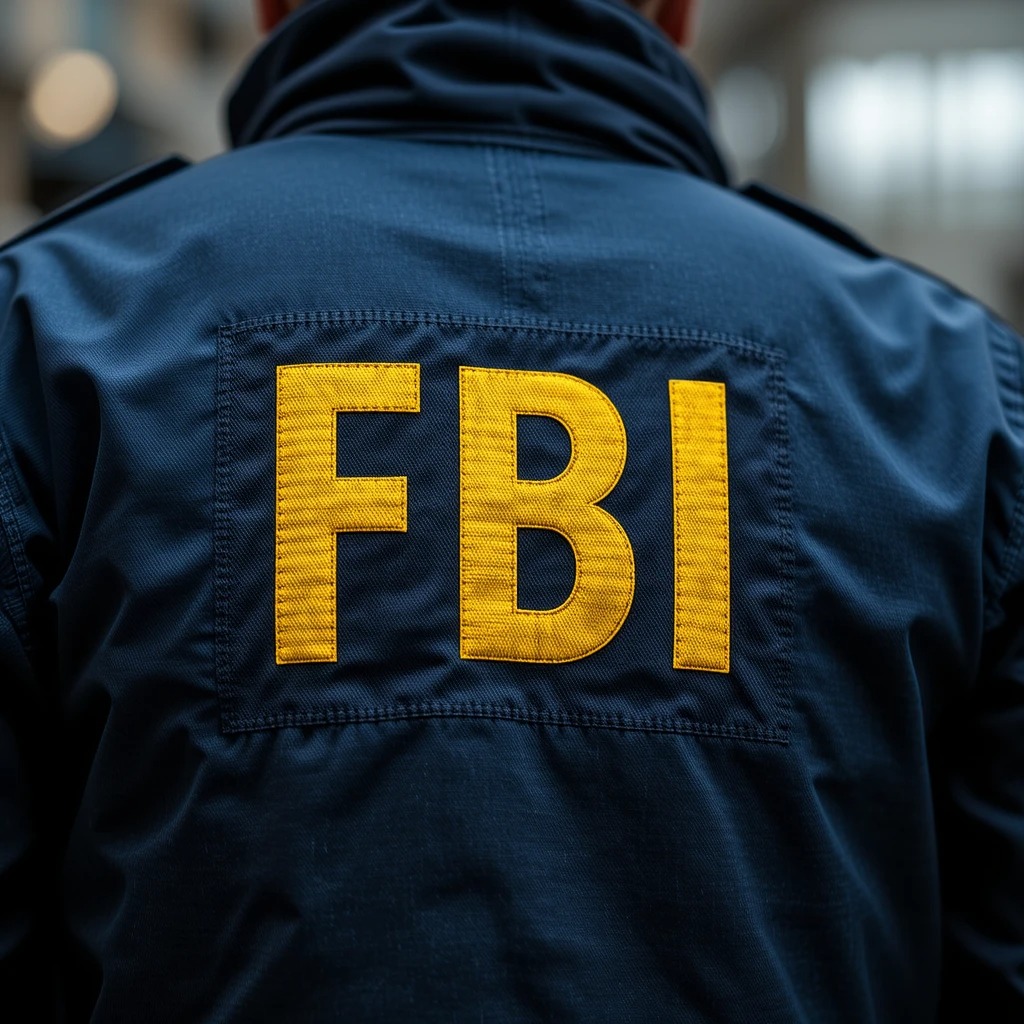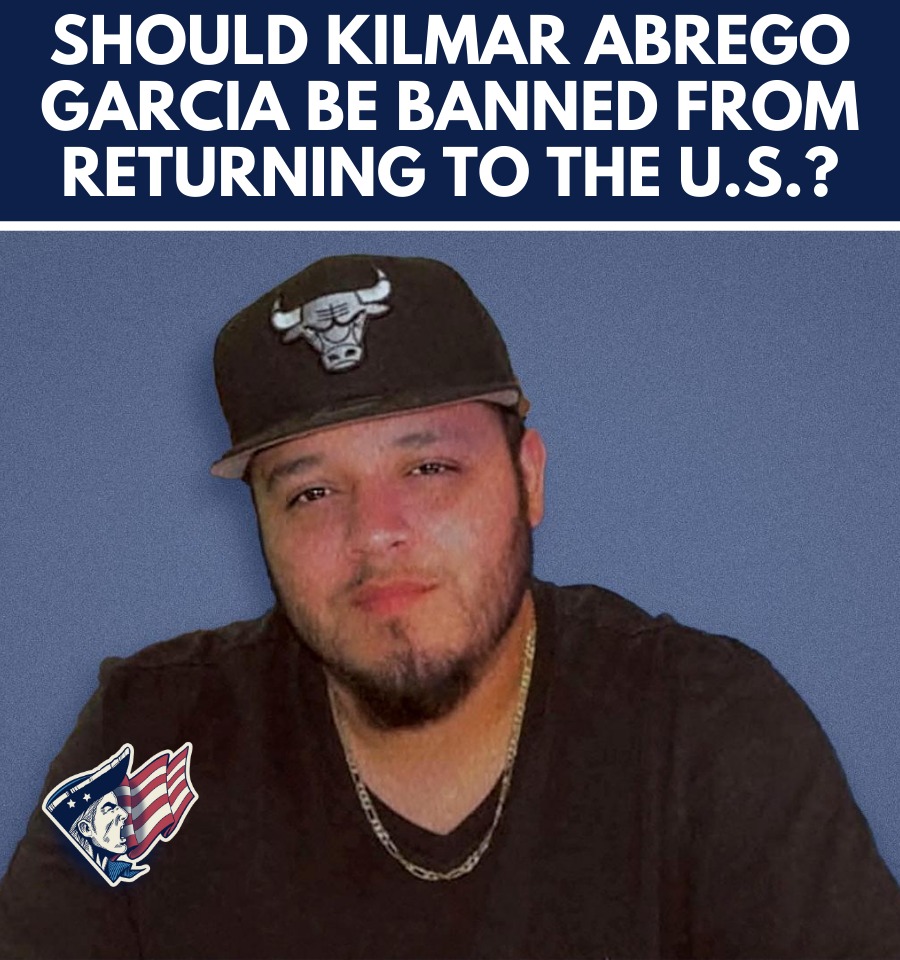A profound shift is occurring in the wake of one of the most contentious investigations in recent American political history. High-level criminal referrals have now been forwarded to the Department of Justice, setting the stage for what may become one of the most consequential prosecutions of former intelligence and political figures in decades. The repercussions extend far beyond individual culpability, potentially redefining public perception of events that shaped American politics for years.
The Significance of Ratcliffe’s Allegations
John Ratcliffe, former Director of National Intelligence and currently serving as CIA Director under the Trump administration, has submitted criminal referrals to the DOJ concerning possible false testimony to Congress by former CIA Director John Brennan and ex-FBI Director James Comey. In a recent Fox News interview with Maria Bartiromo, Ratcliffe revealed what many consider among the most explosive disclosures in the Trump-Russia investigation saga.
The seriousness of Ratcliffe’s claims cannot be overstated. With his background as a federal prosecutor and congressman, plus his experience overseeing intelligence as DNI during Trump’s first term, Ratcliffe holds deep insight into the intelligence community’s inner workings. His present role at the CIA grants him unprecedented access to classified files and active inquiries once shielded from public scrutiny.
Pressed about the likelihood of prosecutions, Ratcliffe confirmed that criminal referrals have been sent to the DOJ, asserting that testimonies by Brennan and Comey conflict with intelligence data he reviewed, implying a coordinated campaign to spread false accusations against Trump. His firm yet measured response suggests the evidence surpasses mere political disputes or bureaucratic conflicts.
These criminal referrals culminate years of investigation into the FBI’s “Crossfire Hurricane” probe, which examined alleged connections between Trump’s campaign and Russian election interference in 2016. Ratcliffe’s position enabled him to access classified intelligence previously unavailable to congressional investigators or the public, shedding fuller light on the events during that pivotal period.
The Durham Report and Newly Declassified Evidence
This wave of criminal referrals builds on extensive work by Special Counsel John Durham, whose 2023 report critically examined the origins and conduct of the Trump-Russia investigation. Durham’s findings cast serious doubt on the FBI’s decision-making and raised questions about the evidentiary foundation for initiating such an expansive counterintelligence operation.
However, the most startling revelations have surfaced only recently with the release of classified documents previously hidden from public view. An annex to Durham’s report contains material exposing an alleged Clinton campaign strategy to falsely link Donald Trump to Russia, according to Senator Chuck Grassley, instrumental in securing its declassification.
FBI Director Kash Patel disclosed that the annex was “found buried in a back room at the FBI,” containing classified evidence that the Clinton campaign plotted to frame Trump and fabricate the Russia collusion narrative. This discovery prompts critical questions about why such pivotal evidence was withheld from prior probes and congressional reviews.
The declassified documents reportedly reveal that Hillary Clinton’s 2016 campaign devised a strategy to tie Trump to Russian interference to divert attention from her private email server controversy. Memos indicate the “Russia collusion hoax” originated as a political distraction conceived by foreign policy advisor Julianne Smith.
These disclosures offer fresh ammunition for those long asserting that the Trump-Russia investigation was politically driven from the start. The annex appears to contain intelligence reports and internal communications supporting claims of a coordinated effort to promote unsubstantiated allegations against Trump while the FBI neglected to thoroughly investigate potential fabrication.
The Extent of Alleged Wrongdoing
The criminal referrals cover a broad spectrum of alleged misconduct across multiple agencies and involve some of the highest-ranking officials in U.S. intelligence and law enforcement. The accusations focus primarily on perjury and false statements given during congressional testimony, but their ramifications extend beyond personal criminal liability.
Among those named are former FBI Director James Comey, ex-CIA Director John Brennan, and Hillary Clinton, Trump’s 2016 presidential rival. This situation is unprecedented, involving a former major party nominee and heads of premier intelligence and law enforcement agencies facing potential criminal charges.
The scope suggests a coordinated institutional failure rather than isolated wrongdoing. If substantiated, it implies multiple agencies and officials either knowingly propagated false information or failed to properly investigate intelligence contradicting the dominant Trump-Russia narrative.
Ratcliffe indicated that additional individuals may face criminal referrals as investigations continue. Director of National Intelligence Tulsi Gabbard has also submitted referrals, reportedly implicating former President Barack Obama, though details remain undisclosed.
The potential charges focus largely on perjury and false congressional testimony, but underlying issues include serious allegations of abuse of power, election interference, and orchestrated efforts to sabotage a presidential candidate and sitting president through false claims.
Institutional and Constitutional Questions
These referrals raise profound concerns about accountability and the proper functioning of American intelligence and law enforcement. If true, they would mark one of the most severe breaches of public trust in recent history, involving the politicization of government agencies.
The timing, coinciding with Trump’s second term, complicates the landscape. Critics argue this is political retribution, while supporters insist accountability transcends politics.
The situation also tests the independence of the Justice Department and the role political considerations play in prosecution decisions. Attorney General Pam Bondi, appointed by Trump, faces the difficult task of ensuring investigations remain fair and maintain public trust.
Broader implications affect the intelligence community’s relationship with elected officials. Providing false or misleading intelligence to Congress would constitute a fundamental breach of oversight vital to democracy.
Grand Jury Proceedings and Legal Challenges
Sources confirm the FBI has launched criminal investigations into Brennan and Comey following Ratcliffe’s referrals. The introduction of grand jury proceedings allows prosecutors to subpoena witnesses and documents, increasing investigative power beyond past congressional inquiries.
Grand jury sessions are secret, so much of the evidence and case scope will remain confidential until indictments emerge.
The legal process is expected to be complex and prolonged, involving vast document reviews, interviews, and handling classified information in court while ensuring fair trials and due process.
Statutes of limitations also come into play; Ratcliffe notes a five-year limit for conspiracy cases, which could affect which charges are viable from the 2016 election period.
Denials and Defense
All accused parties have consistently denied wrongdoing, their attorneys arguing the allegations are politically motivated and that their clients acted in good faith based on available information.
Comey insists his decisions on the Clinton email probe and Trump-Russia inquiry followed FBI and Justice Department protocols despite intense political pressure.
Brennan defends his conduct as legitimate intelligence work addressing Russian interference concerns, criticizing current probes as politicizing intelligence.
Clinton dismisses accusations as partisan attacks, confident any fair review will clear her. Her team maintains that the newly declassified documents rely on unverified foreign intelligence and do not justify criminal charges.
Political Fallout and Electoral Impact
The timing of these developments carries significant political weight amid ongoing debates about election integrity and institutional trust.
For Trump supporters, the referrals validate long-held beliefs that the Trump-Russia investigation was a partisan “witch hunt,” potentially energizing his base and influencing future elections.
Democrats face the challenge of defending their party’s legacy while upholding accountability and rule of law principles, particularly if Clinton faces prosecution.
Public trust in government could erode further if allegations prove accurate or if investigations appear politically motivated, deepening political polarization.
Calls for Intelligence Community Reform
The controversy has spurred demands for reforms to prevent future abuses within intelligence agencies, highlighting gaps in oversight and accountability.
Ratcliffe and FBI Director Patel indicate more declassified documents will soon reveal the FBI’s efforts to suppress truth and amplify falsehoods.
Proposed reforms include stronger congressional oversight, tighter controls on politically sensitive investigations, and greater transparency, balanced against the need to protect sensitive intelligence sources.
Depending on investigation outcomes, the intelligence community may undergo internal reviews, disciplinary measures, and procedural changes.
Looking Forward: Justice and National Unity
As this legal saga unfolds, the nation confronts critical questions about justice, accountability, and healing.
The prosecutions could represent a necessary reckoning or be seen as dangerous politicization, depending on perspective.
Ratcliffe and Patel hint that further evidence releases are forthcoming, suggesting this is just the beginning of a broader reckoning over 2016 and its aftermath.
The final outcomes will shape American politics and governance for years, influencing public confidence in institutions and the political climate.
The coming months will challenge U.S. institutions and the rule of law like never before, requiring a balance between accountability and preserving stable governance.
Americans across political lines will closely watch to see if justice is administered fairly and impartially, a test that may determine the future health of American democracy.
The stakes are monumental, and the path ahead remains uncertain — but the decisions made now will echo through generations.



